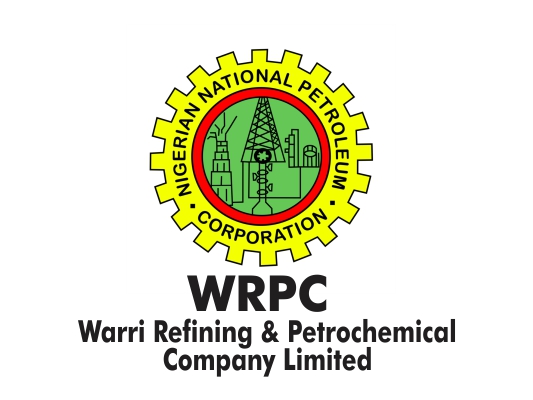Oil workers protest injustice, seek intervention
Workers of the Warri Refining and Petrochemicals Company Limited (WRPC) in Delta State have called on the President of the Federal Republic of Nigeria, President Ahmed Tinubu, to intervene and address what they describe as workplace slavery and injustice perpetrated by the management of the company. The workers made this call during a peaceful protest […]

warri refining and petrochemicals company limited (wrpc)
Workers of the Warri Refining and Petrochemicals Company Limited (WRPC) in Delta State have called on the President of the Federal Republic of Nigeria, President Ahmed Tinubu, to intervene and address what they describe as workplace slavery and injustice perpetrated by the management of the company.
The workers made this call during a peaceful protest held at the premises of the company, marking the third day of their mourning protest.
Expressing their grievances, the support staff highlighted their concerns regarding workplace slavery, inadequate earnings, and injustice in the management’s treatment towards them. They particularly cited the perceived failure of the management to address issues related to the Quick-Fix project, which they claim is nearing completion.
Reverend Dafe Ighomitedo, the representative of the support staff at WRPC, said their longstanding struggle for salary increment since 2015 has not yielded positive results despite assurances and promises made by stakeholders, including interventions by the House of Assembly in 2019.
- ‘Nigeria will end insecurity if given 1% of support EU offers Ukraine’
- Hajj: Pilgrims cautioned against travelling with contraband as Nigeria begins airlift
“We have been deprived of what is due to us, and we have decided to cry out against workplace slavery and injustice,” Dafe declared.
He further lamented the disparity in treatment between the support staff and recently introduced retirees, who are reportedly receiving significantly higher salaries without actively contributing to the plant’s operations.
The protesters, dressed in black attire and carrying placards bearing various grievances, expressed their dissatisfaction with workplace oppression and discrimination. They called for fair remuneration, health coverage, hazard allowances, pension benefits, leave entitlements, transport, lunch, and housing allowances, among other demands.
